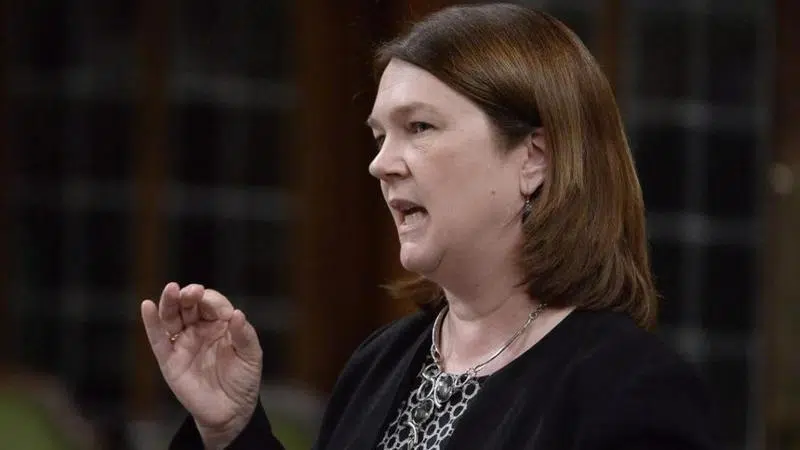
Trudeau broke law by kicking former ministers out of caucus, Philpott says
OTTAWA — Former cabinet minister Jane Philpott is asking the Speaker of the House of Commons to rule on whether Prime Minister Justin Trudeau violated the rights of MPs when he expelled her and Jody Wilson-Raybould from the Liberal caucus — a move she calls a breach of federal law.
Trudeau’s decision last week to eject Philpott and Wilson-Raybould was “a breach of the Parliament of Canada Act,” the newly independent MP said Tuesday on the Commons floor, because the Liberals failed to hold a legally required caucus vote following the 2015 election that would have established how such expulsions are supposed to work.
A set of amendments to the Parliament of Canada Act, spearheaded by Conservative MP Michael Chong, was passed in 2015 in an effort to make it more difficult for MPs to be removed from caucus — part of an effort to decentralize political power on Parliament Hill and put it back in the hands of rank-and-file legislators.



